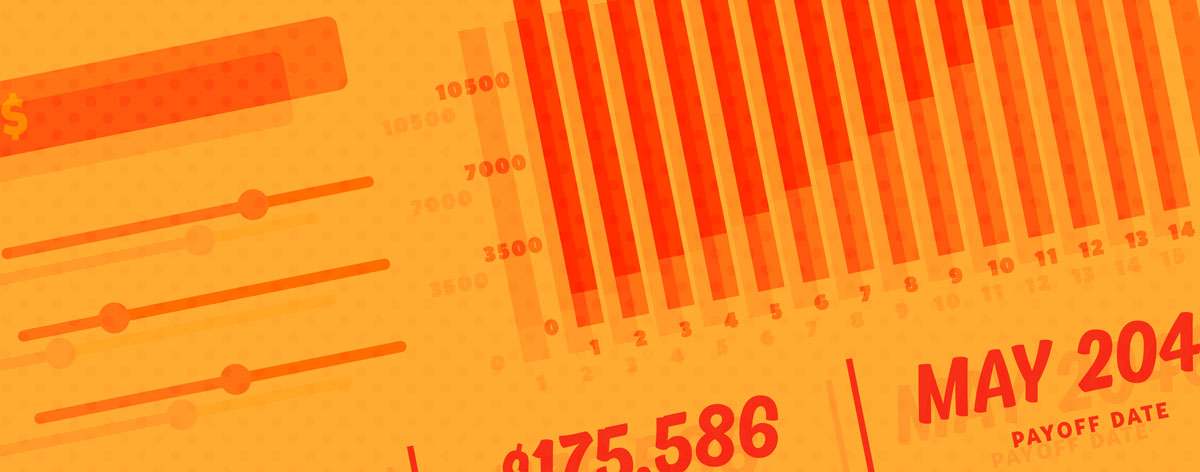
Build Your Emergency Fund
How It Works
An emergency fund is an amount of money you set aside to cover unexpected expenses or to cover basic expenses if there are significant changes to your income. How much you need in your emergency fund is unique to you and your personal circumstances. To find out using this Coach session, select "Start Here." A feed will appear; follow along and answer questions as you're prompted.
Frequently Asked Questions About Emergency Funds
How Much Should an Emergency Fund Be?
Most financial experts recommend setting aside 3 to 6 months of essential living expenses in an emergency fund. Though that might sound overwhelming—after all, most of us don’t have 3 to 6 months of essential living expenses just sitting around in our bank accounts. That’s why it’s best to start with small goals. Try to save $500 to $1,000 for minor emergencies, then work your way toward the full 3-6 month target. Check out budgeting calculator to see how much money you can set aside each month for an emergency fund.
What’s the Difference Emergency Funds and Savings?
Think of it this way: an emergency fund is your financial safety net, while general savings are for planned future goals. Emergency funds strictly for unexpected, urgent needs like job loss, medical bills, or critical repairs, and should be kept liquid (easily accessible, like in a savings account). General savings, on the other hand, are for goal-oriented costs like a down payment on a car or home, a vacation, or a retirement goal, and can be held in various account types depending on the timeline.
What Are Some Emergency Fund Use-Case Examples?
Emergency funds are meant to cover essential expenses when unexpected events occur. Common examples include:
- Bills following a sudden job loss or income reduction
- Unexpected medical or dental expenses
- Urgent home repairs (like a broken water heater or other essential appliance)
- Major car repairs needed for transportation
- Insurance deductibles after an accident or incident
- Costs for unexpected but necessary travel (like a family emergency)
Having a dedicated fund helps keep your long-term financial goals on track when life happens.
How Do I Calculate My Emergency Fund?
Calculating your target emergency fund involves a few simple steps:
- Identify Essential Monthly Expenses: List costs you absolutely must cover each month. This includes housing (rent/mortgage), utilities, food, transportation, insurance premiums, and minimum debt payments. Leave out discretionary spending like entertainment, dining out, or subscriptions.
- Total Your Essentials: Add up the costs from Step 1 to get your total essential monthly expenses.
- Multiply by Target Months: Choose your target coverage period (Decide 3, 4, 5, or 6 months), based on your financial situation. Then, multiply your total essential monthly expenses (from step 2) by your target number of months. For example, if your essential expenses are $2,500 per month and you target 3 months, your goal is $7,500 ($2,500 x 3).
To make your life easier, use the emergency fund calculator above!
Neither Banzai nor its sponsoring partners make any warranties or representations as to the accuracy, applicability, completeness, or suitability for any particular purpose of the information contained herein. Banzai and its sponsoring partners expressly disclaim any liability arising from the use or misuse of these materials and, by visiting this site, you agree to release Banzai and its sponsoring partners from any such liability. Do not rely upon the information provided in this content when making decisions regarding financial or legal matters without first consulting with a qualified, licensed professional.
